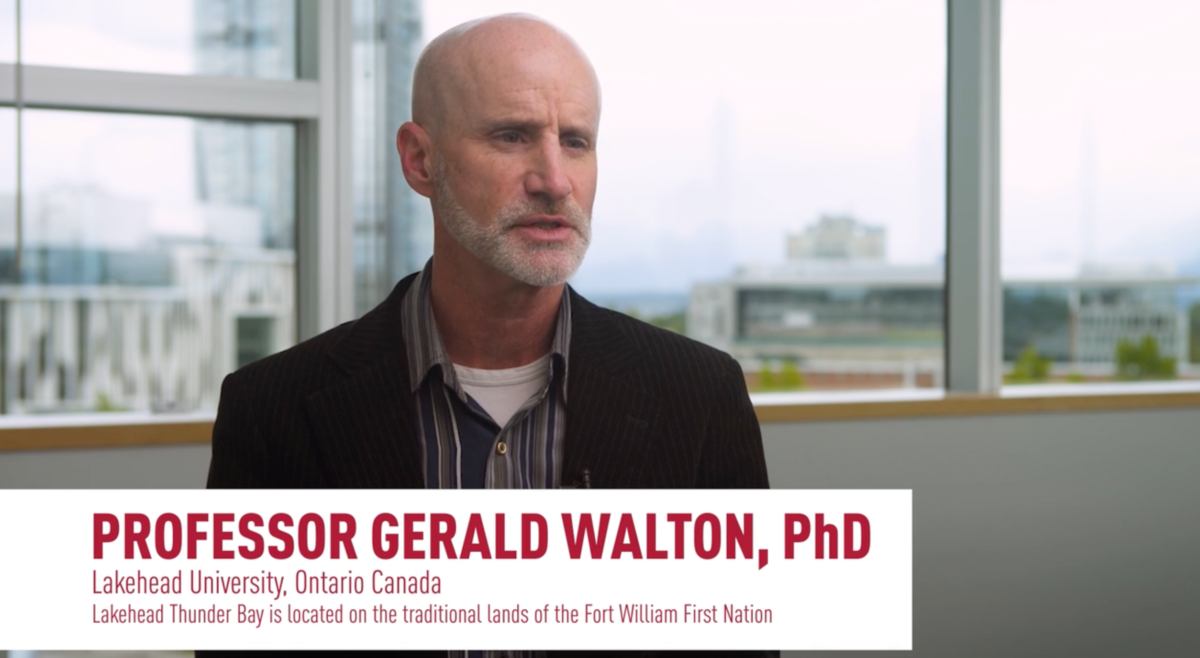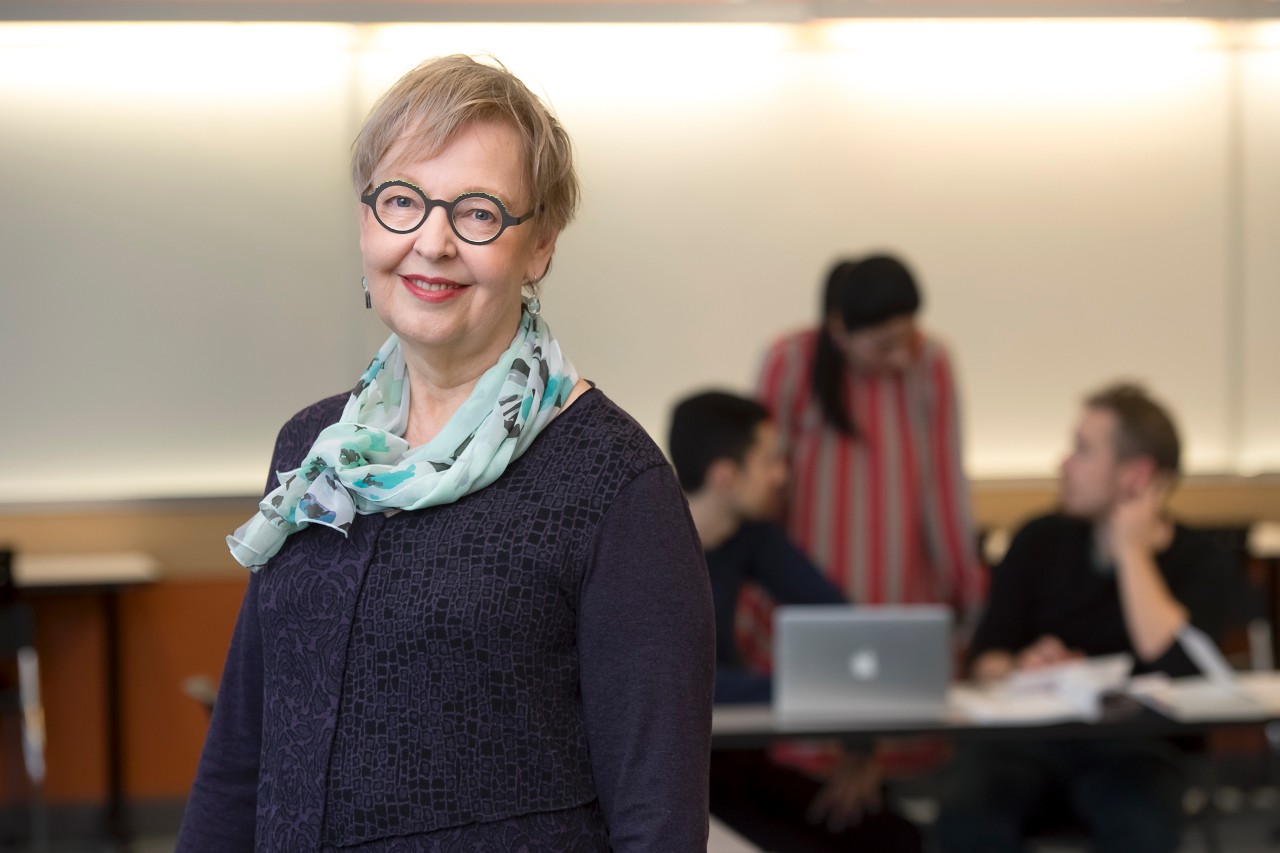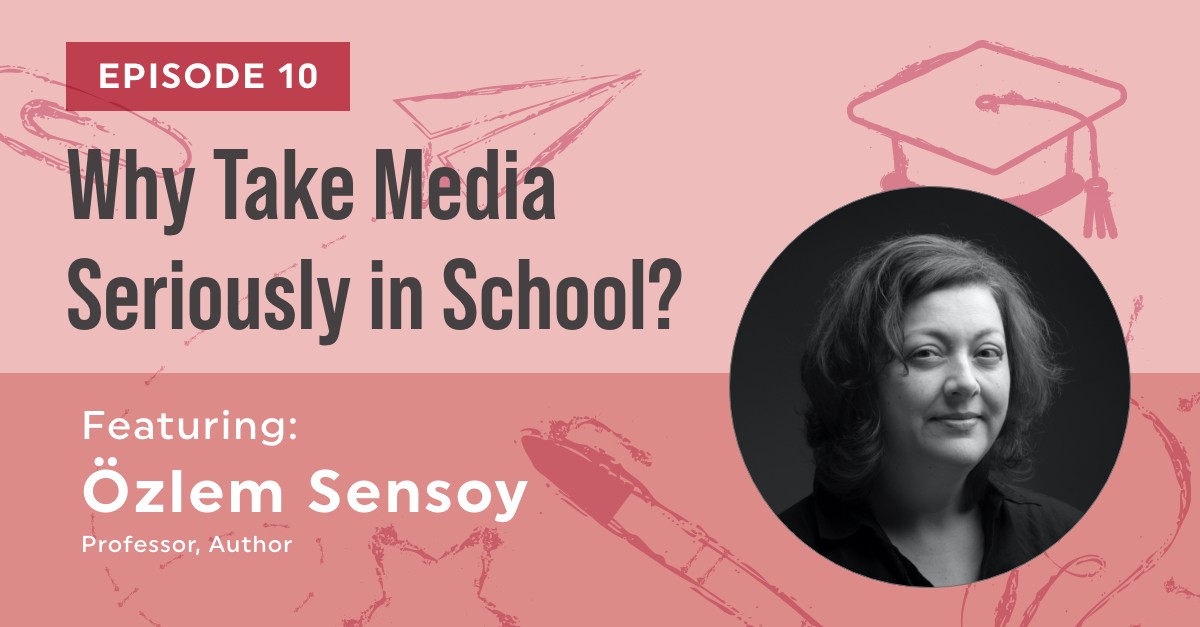
Beyond the Ivory Tower
knowledge mobilization | community outreach | community partners | CCEJ experts in the news
Part of the CCEJ’s effort in advancing justice in education is to make its work accessible to members of the community outside of the university. In this section, you will find examples of work done by members of the CCEJ to increase awareness about our work through media interviews, podcasts, films, and hosting or participating in public events. You will also find graduate students writing about their work in English and another language to raise awareness of their research in communities beyond english speaking ones.
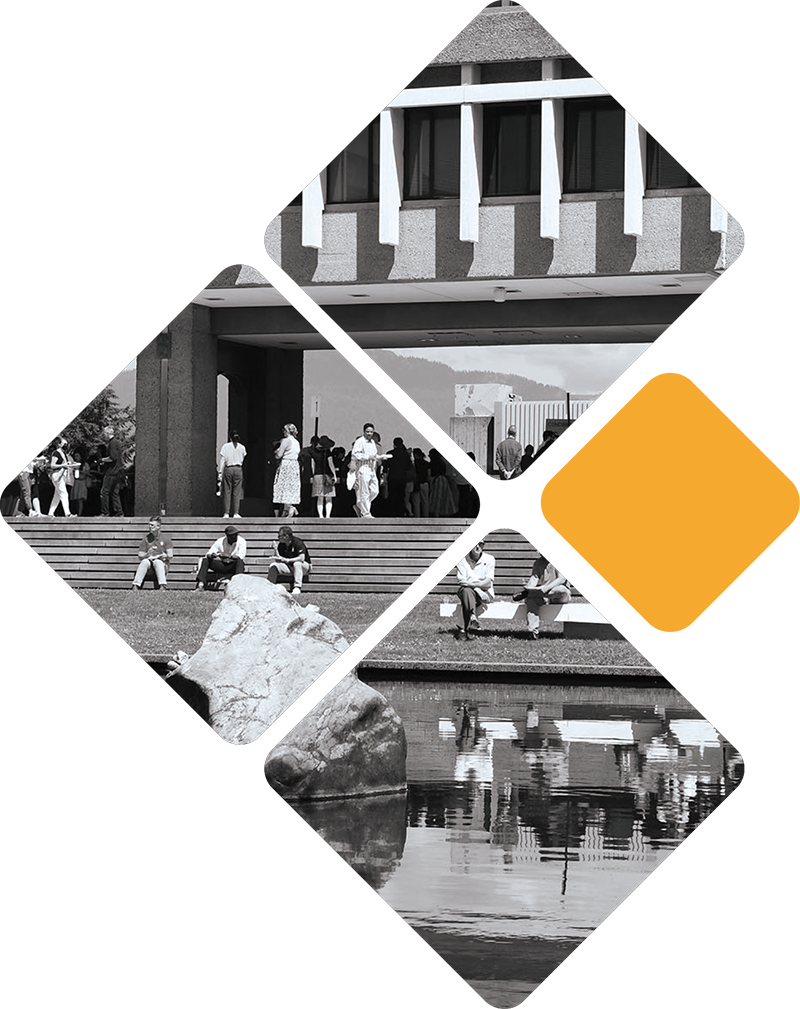
Explore Resources
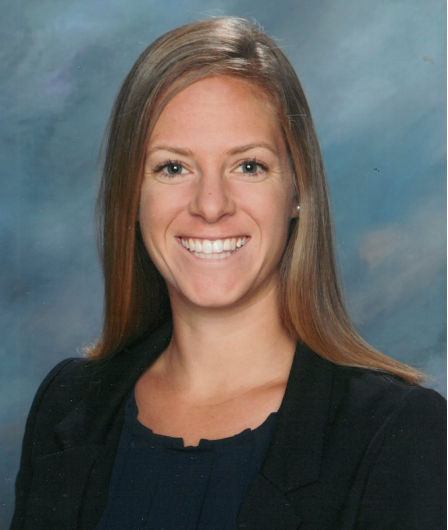

FILTER
RESEARCH RESOURCES
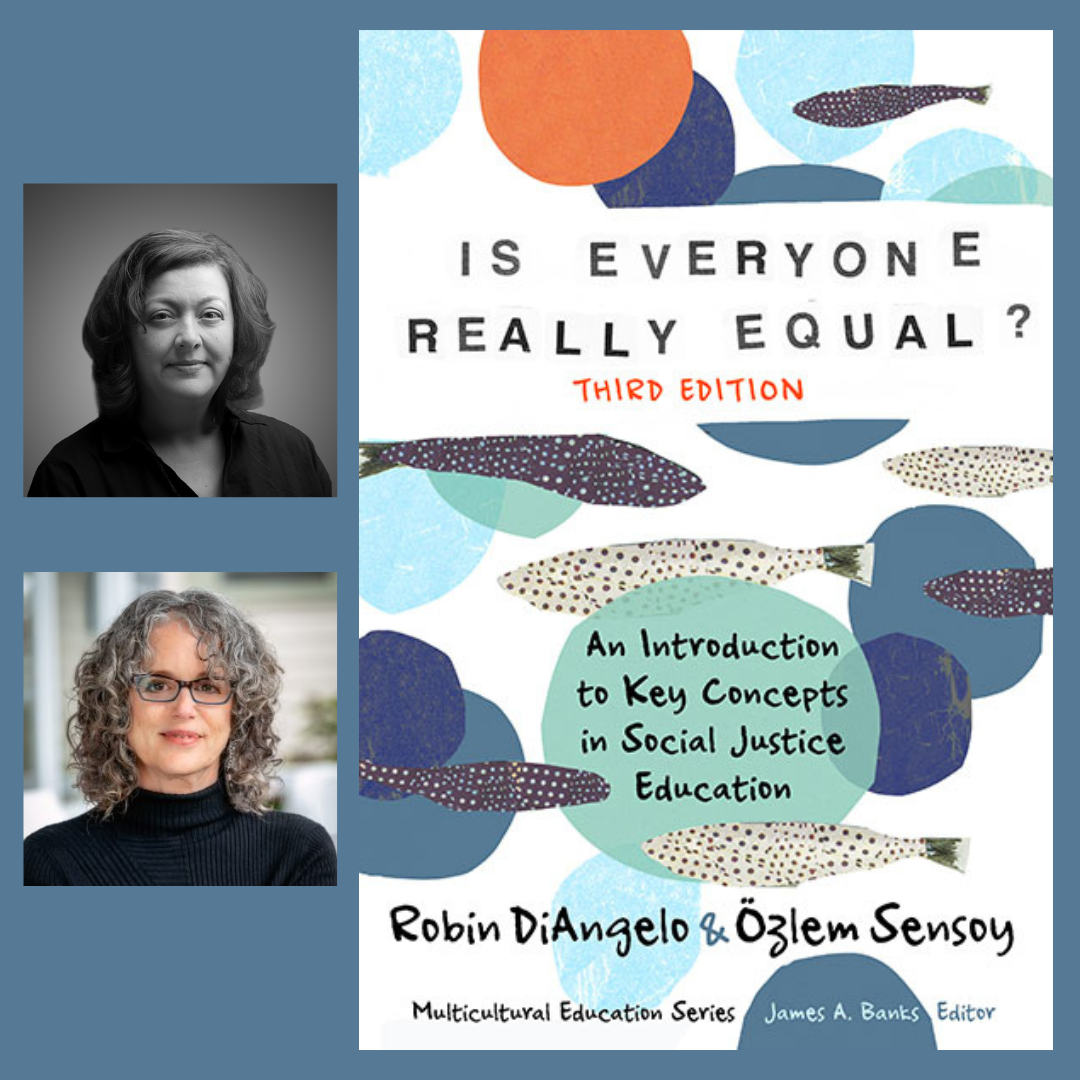
Publication: Is Everyone Really Equal? Third Edition
We are pleased to announce that the long-awaited third edition of CCEJ Director Dr. Özlem Sensoy and Dr. Robin DiAngelo’s Is Everyone Really Equal? is set to
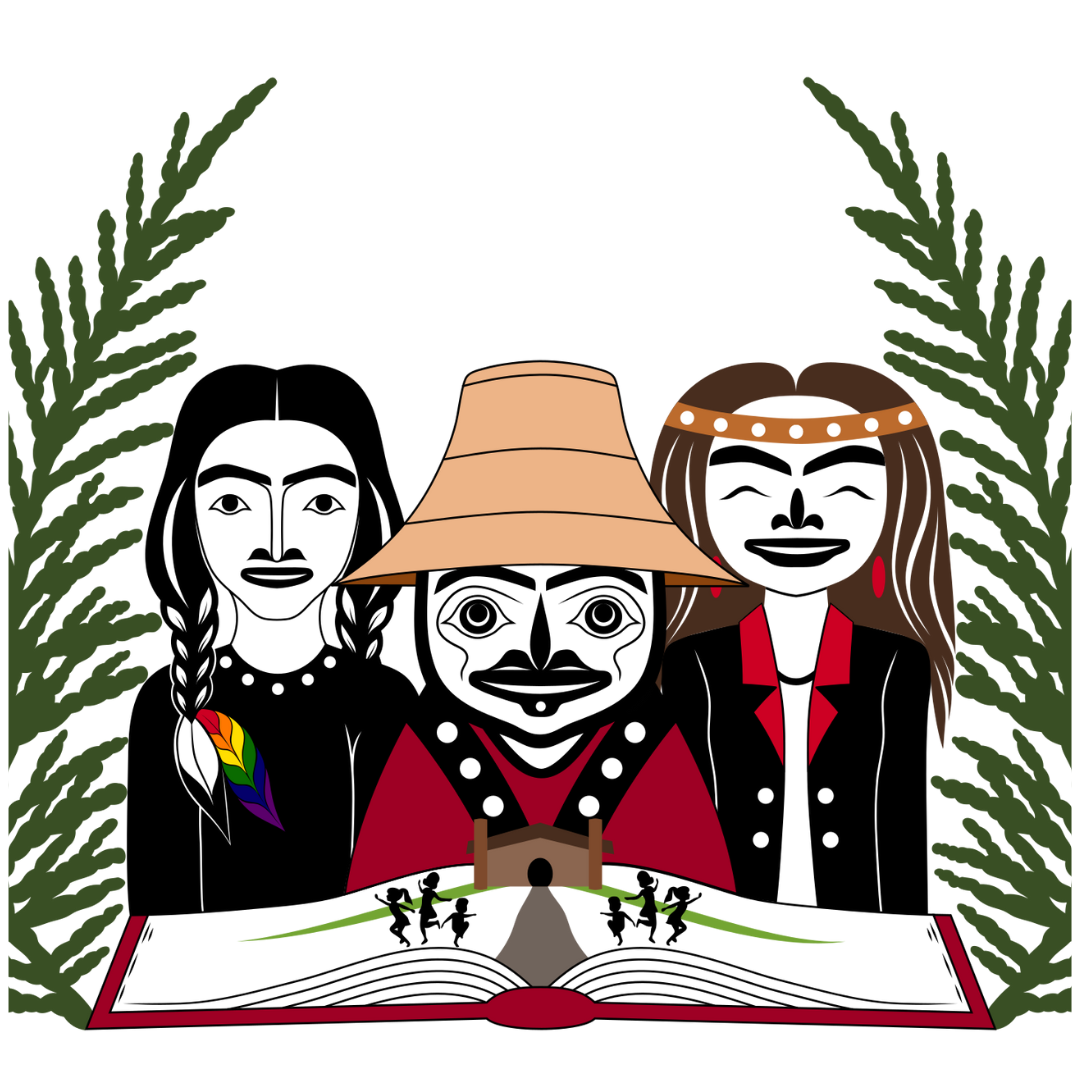
Event Annoucement: 2025 BC First Nations Women’s, 2 Spirit, Self-Determination & Rematriation Research Governance Summit
We are honoured to share the respected matriarchal leaders who will guide this year’s BC First Nations Women’s, 2 Spirit, Self-Determination & Rematriation Research Governance

Job Posting: Indigenous Research Project Manager
Appointment Type: Part-Time, Contract (17-20 hours/week, with potential for extension and additional hours) Contract Term: October 2025 – August 31, 2026 Location: Burnaby Campus, Vancouver

Video: Dr. Amy Parent on National Indigenous Peoples Day
June 19, 2025 CCEJ Associate Director and UNESCO Co-Chair Dr. Amy Parent discusses National Indigenous Peoples Day and furthering reconciliation both at home and globally

Resource of Interest: IDEAS Podcast Episode 63 – Decolonizing Vocational Education: A Journey from Practice to Policy
In this insightful interview, Sabrina Ngo, CCEJ Centre Coordinator and a doctoral candidate in the Educational Theory and Practice Curriculum and Pedagogy stream at Simon

For Immediate Release: Dr. Amy Parent, Dr. Sonajharia Minz appointed UNESCO Co-chairs to advance Indigenous rights, knowledge systems, and self-determination
JUNE 10, 2025 (VANCOUVER, CANADA) — Leading scholars Dr. Amy Parent from the Nisga’a Nation and Dr. Sonajharia Minz of the Oraon Tribal Peoples have




